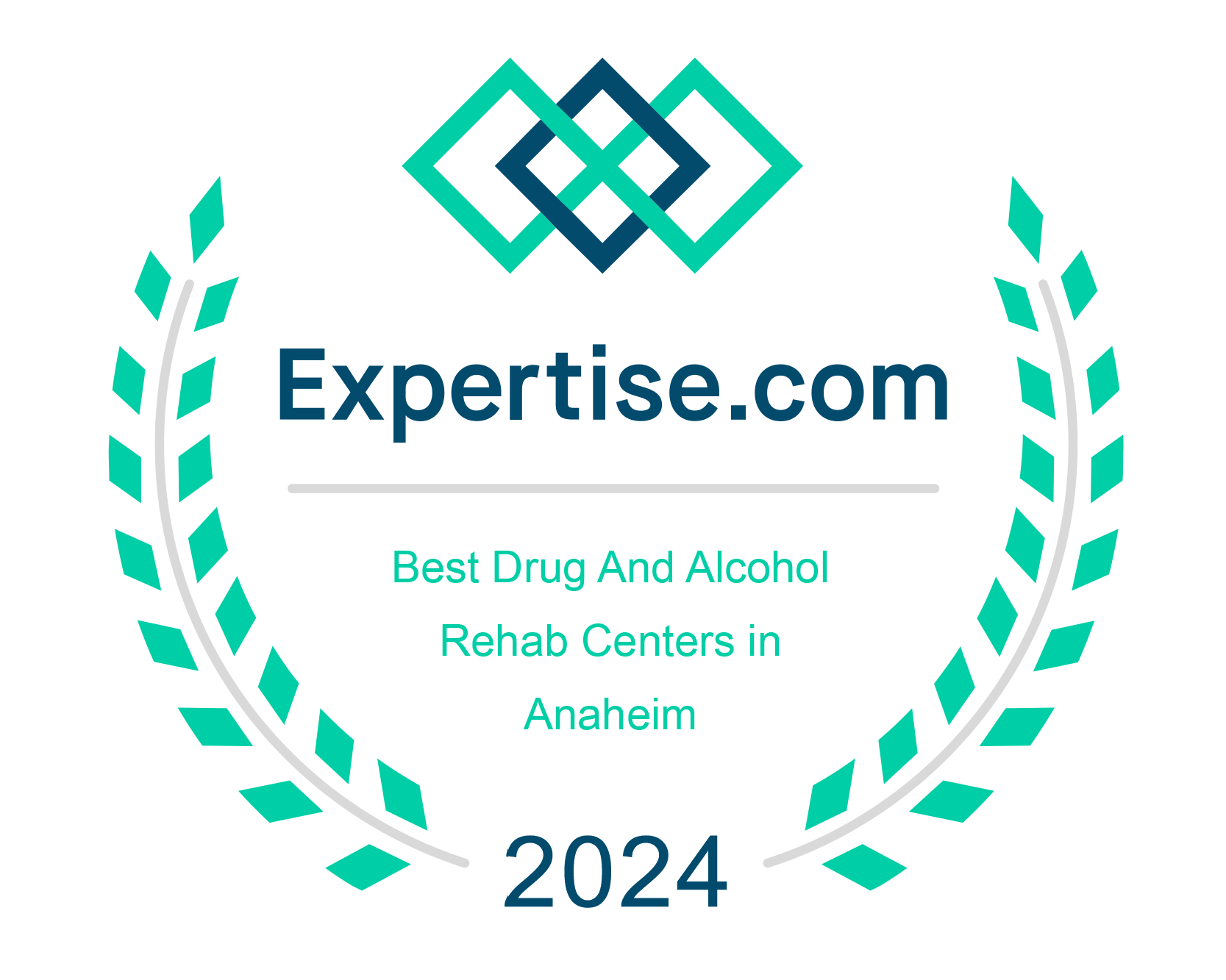The decision to enter rehab is a commendable and brave step towards personal recovery. But, as many discover, the journey is not always linear. Numerous individuals find themselves departing from rehab programs earlier than anticipated, leading to critical conversations about the efficacy and approach of rehabilitation programs.
Understanding Early Departure from Rehab
Before delving into the benefits of individualized treatment, it’s crucial to understand the primary reasons that lead to premature rehab exits:
- Physical & Emotional Withdrawal: Undergoing drug treatment often starts with the process of alcohol and drug detoxification. The physical and emotional turmoil of withdrawal can sometimes be overwhelming. Symptoms range from nausea, tremors, and sweating to anxiety, depression, and intense cravings. Without adequate medical support, withdrawal symptoms can push an individual to the edge, making the detox phase a particularly vulnerable period in the recovery journey.
- Feeling Unseen in Drug Treatment Programs: Every individual’s journey with addiction is deeply personal, influenced by a myriad of experiences, traumas, and challenges. When individuals feel that their unique struggles and narratives are overlooked or generalized in a drug rehab setting, it can lead to feelings of isolation. Being emotionally unseen can compound the physical challenges they’re already navigating, emphasizing the need for individualized and empathetic care in treatment centers.
- Loss of Hope: The journey to recovery from addiction isn’t always linear. Many face relapses, which, while being a common part of the recovery process, can be disheartening. After investing time and effort into drug treatment, experiencing a relapse can make some feel as if their efforts are futile. This loss of hope can overshadow the progress they’ve made and undermine the potential for future recovery.
- Life’s Pressures Outside of Drug Rehab: Entering a drug treatment facility doesn’t put life’s other obligations on hold. Familial responsibilities, work commitments, financial pressures, and other real-world anxieties continue. Balancing the demands of drug rehab with these external pressures can be daunting, often leading some to question whether they can afford the time and emotional investment that comprehensive recovery requires.
- Fear of Societal Judgment in Addiction Recovery: The stigma surrounding addiction and drug rehab remains a significant barrier for many. Societal judgment can manifest in various ways, from whispered conversations to overt discrimination. This fear of being judged or labeled can deter individuals from entering or committing fully to drug treatment programs, even when they recognize the need for professional help.
- Confidence or Complacency in Drug Treatment: The initial phases of alcohol and drug detoxification and treatment can sometimes yield rapid improvements. These quick gains can lead to a sense of overconfidence. Some individuals might feel they’ve “conquered” their addiction after a short stint in drug rehab, underestimating the importance of long-term therapy, support, and aftercare. This premature confidence can risk relapses and undermine the comprehensive healing that a structured rehab program aims to provide.
Why Individualized Addiction Treatment Matters
As the complexities of addiction become evident, the inadequacies of a ‘one-size-fits-all’ methodology emerge starkly. The pitfalls of not completing treatment, leaving rehab prematurely, or dropping off drug treatment programs are unfortunately common. One significant way to mitigate these occurrences is through individualized rehab programs. Here’s why they stand out:
Addressing Unique Challenges
Each person’s journey into and through addiction is marked by distinct experiences, making it imperative to cater treatments to individual narratives. Customized interventions take into account these singular factors, ensuring that treatment strategies grapple directly with the underlying causes and specific triggers that might lead to dropping out or not finishing the treatment.
Flexible Detox Protocols
While standardized detox methodologies have their place, they sometimes fall short. The depth, duration, and nature of one’s addiction, combined with their distinct physical and mental states, call for a more adaptable approach. Individualized programs step in here, offering an array of therapies, medications, and support structures tailor-fitted to each person’s unique needs.
Deep Emotional Support
The emotional entanglements of addiction are profound and varied. It’s not just about breaking a chemical dependency; it’s about mending emotional ruptures. An individualized program ensures that emotional complexities aren’t merely an afterthought. They’re given equal weight, addressed in tandem with the physical aspects of detox. This integrated approach often reduces the risk of patients leaving rehab too soon due to unaddressed emotional turmoil.
Adaptable Treatment Plans
Addiction treatment isn’t a linear journey. As an individual progresses, their needs, challenges, and strengths can shift. Being tethered to a rigid treatment plan can sometimes be counterproductive, potentially leading to treatment discontinuation. The beauty of personalized programs lies in their fluidity. They allow for real-time adjustments, ensuring that the treatment remains relevant, resonant, and robust, significantly reducing the chances of an individual not completing the rehab program.
The Path to Recovery: A Blend of Standard and Individual Approaches
The journey of recovery is as unique as the individual undertaking it. Yet, the value of established, standardized protocols in rehabilitation cannot be ignored. These time-tested methods, rooted in extensive research, have consistently demonstrated positive outcomes for many.
However, modern rehabilitation isn’t solely reliant on addressing personality and behavioral aspects. Science and medicine now play an instrumental role in crafting recovery paths. Cutting-edge techniques allow professionals to delve deeper, offering precision in understanding a patient’s unique health requirements. Using a multifaceted approach, treatments now range from specialized hospital detox procedures to comprehensive mental health assessments, ensuring that every aspect of an individual’s well-being is catered to.
Moreover, while standardized approaches provide a reliable foundation, individualized treatment recognizes and addresses the unique experiences, histories, and needs of each patient. It is this union of proven methodologies with personalized insights that sets apart today’s treatment landscape.
Centers like Domus Retreat are at the forefront of this evolved approach. They represent a part of a larger global shift in addiction treatment, one that’s geared towards a more precise, effective, and integrated method of care. As the world of addiction treatment continues to advance, the synthesis of traditional practices with modern medical insights is paving the way for a new era of comprehensive recovery.
In Conclusion
The world of rehabilitation is complex, with every individual’s journey adding a new layer of depth. Recognizing the nuances of these journeys and the need for individualized care is the first step toward effective, long-lasting recovery. As the conversation around rehab continues to evolve, it’s clear that a balanced approach, one that respects both standard protocols and individual needs, holds the key to transforming lives.
For those researching or considering rehab, understanding this aspect can be instrumental in choosing the right facility and increasing the chances of a successful, sustainable recovery.
Call now to speak confidentially with a medical detox expert.
Making the decision to confront alcohol or opiate dependency should not mean sacrificing comfort, privacy, or dignity. Why not experience individualized care and comfort? If you're ready to take part in a world-class private treatment program, it's time to call Domus Retreat.Call 1-866-713-3869
Sources:
- SAMHSA (Substance Abuse and Mental Health Services Administration) – A U.S. government agency focused on behavioral health, which offers resources and information on substance use disorders.
- NIDA (National Institute on Drug Abuse) – Provides a wealth of information on drug abuse, its effects, treatment, and more.
- Mayo Clinic – Offers detailed insights into various medical topics, including drug addiction, symptoms, treatments, etc.
- NCBI (National Center for Biotechnology Information) – Provides numerous scientific articles and studies on a vast array of topics, including substance abuse and treatment.
This article authored and reviewed by Clare Waismann, M-RAS, SUDCC II, Founder of Waismann Method Advanced Treatment for Opiate Dependence and Domus Retreat, is for informational purposes only and should not be considered medical advice or a recommendation. Consult a healthcare professional for guidance and treatment options. While we strive to maintain high editorial standards, please be aware that information may become outdated. Domus Retreat, its employees, agents, and associated individuals are not liable for any errors, omissions, or consequences resulting from the use of the information provided.



















